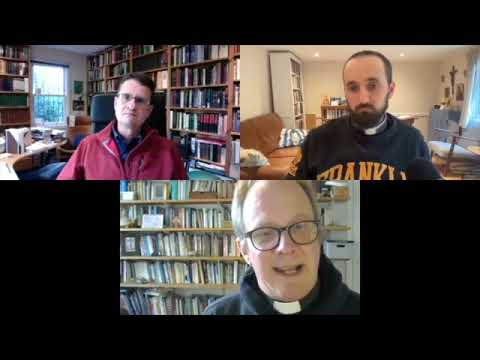I’ve heard a few Christians speak on climate change recently, and I’m left with some particular questions that always seem unanswered. I’m no expert on climate change and don’t spend time studying the data, but I try to live as naturally as possible, using what God made to feed and nourish my family, and minimising man made products and waste in our home, simply because it just seems nicer. I’d be grateful for people’s thoughts on my questions below.
Christians’ motives to save the earth
When I hear Christians speak or write about Climate Change, it is often entitled “The Christian Response to climate change”. Sermons, online articles and blogs from well respected Christian individuals or organisations seem to make this their starting point: a response to the secular scientific data and studies. The Christian speakers/writers then often turn to Genesis 1 & 2 as a Biblical basis for stewarding the earth. However, it seems to me (forgive me if this sounds cynical) that all these Christian responses to climate change are responding to secular voices and predictions that are portrayed in the media and various studies and sticking the Genesis passage on it to Christianise it. Their response is the same as anyone else: reduce carbon emissions, minimise plastic, turn off lights, eat less meat etc. I agree with all these practices as appropriate for stewarding the earth but I’m worried that they’re too often preached from a secular worldview despite being Christian settings.
What are our goals?
This leads me to consider the goals to which the human race is striving. The secular media and published science suggests that the earth has a finite existence, that we’re using more energy than is sustainable, and that humanity is in danger of destruction. They say we’ve reached emergency point. This is the motivation for secular organisations to kick into action such as Extinction Rebellion. I’m concerned that if our ‘Christian Response’ is being fuelled by secular arguments, then our preventive actions might also be fuelled by fear based on secular predictions.
So my overarching questions are:
- What is the theology of climate change regarding end times? How does the destruction of humanity, and the ticking time bomb of earth work with Biblical teachings on the end days? I have seen articles online use Psalm 46:2 as a Scripture referring to climate change but I think this is a wrong interpretation of the symbolism in that passage. I’m looking for anything in scripture that shows a sound correspondence to climate change that we should take seriously.
- Is the church responding because the secular voices are throwing around ‘the end is nigh’ stories? Are we as Christians taking a faith filled approach to stewarding the earth according to God’s commands or are we being reactive to secular worldview statements?
- Is there a danger that by being so influenced by the secular world view on climate change, that we’re all in danger of trying to make ourselves the saviours of the earth? God will renew the earth one day and I believe he wants to work with us on this, as he has done through scripture. However the secular worldview doesn’t allow for God’s role in this, which understandably means there’s a greater level of pressure on humanity and fear behind its motivations. Are many Christians and churches adopting this stance without realising it?
